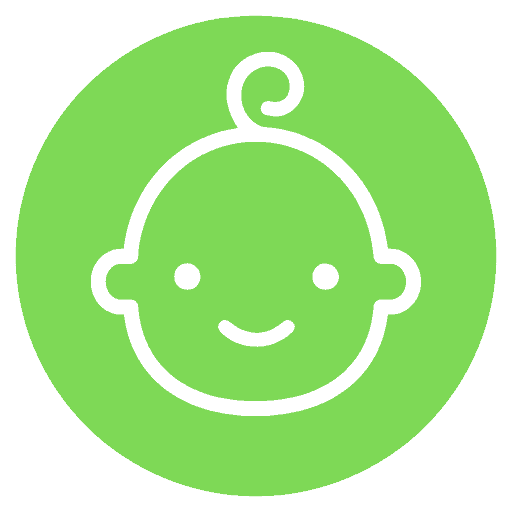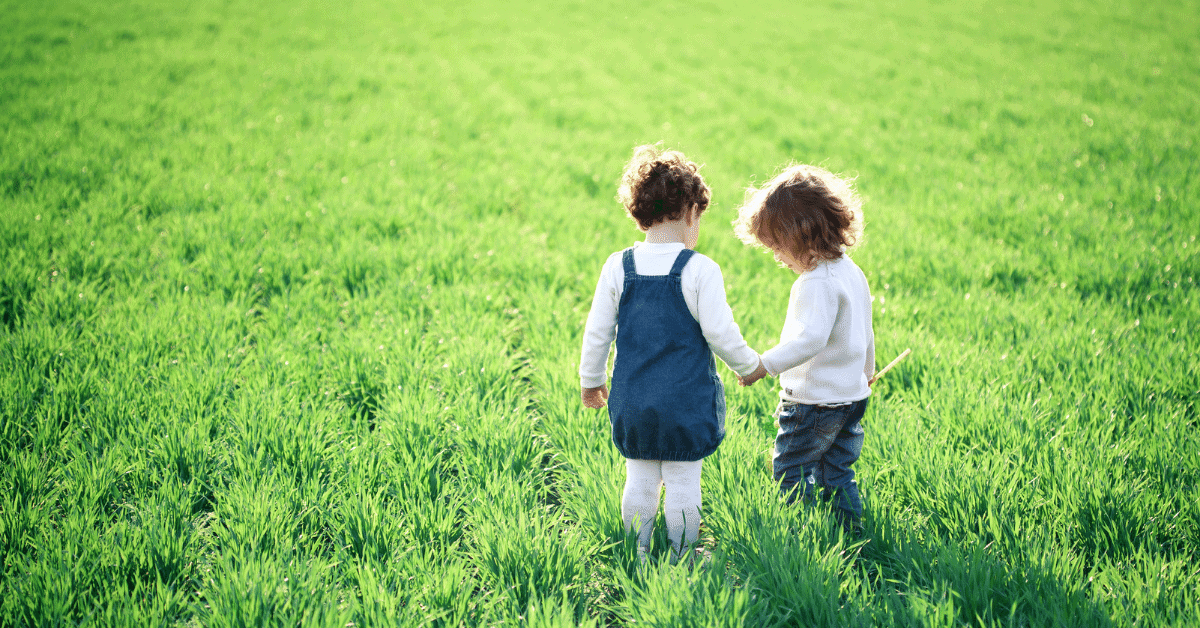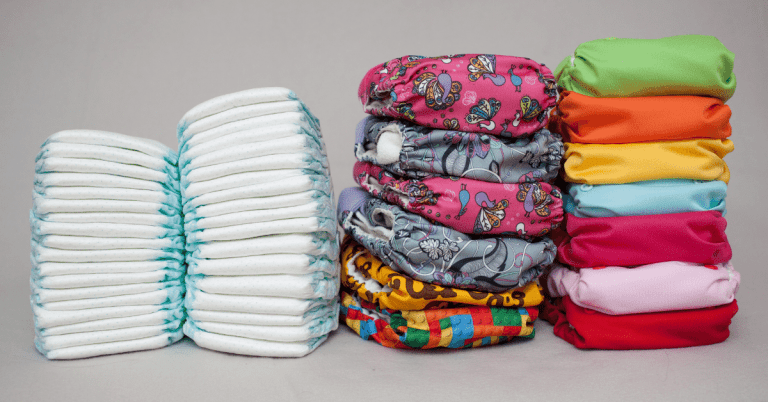Green Basics
At Growing Green Baby we have taken the extra time to put together an array of stylish and eco-friendly products for babies, moms, and dads to enjoy. Our store is proof that you don’t have to sacrifice your sense of fashion, love for color, or modern design in order to be eco-friendly!
Learn the go green basics from growing green baby today!
What Exactly is an Eco-Friendly or “Green” Product?
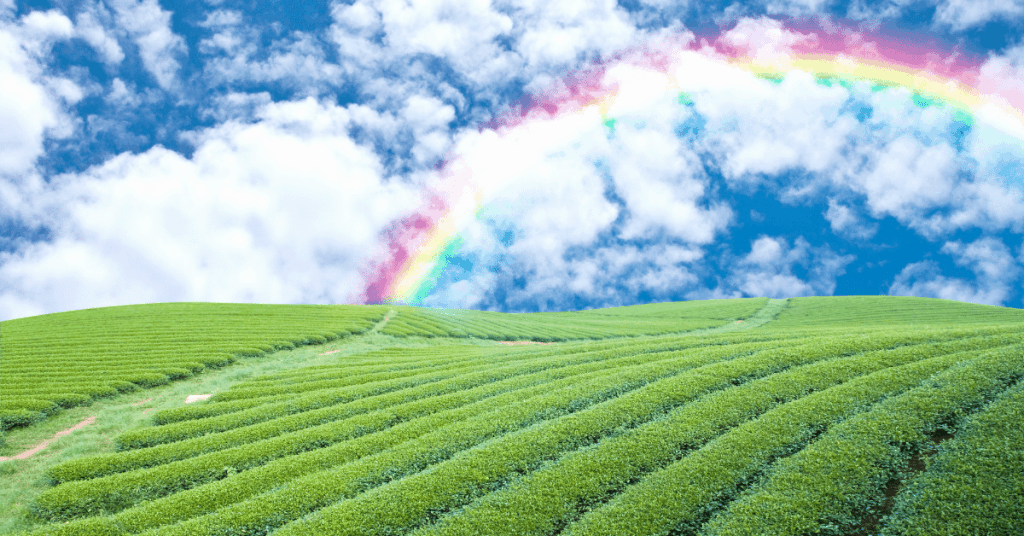
It is anything that (in some way, shape or form) is better for our bodies and the earth, than conventional products. “Green” products are those that meet certain eco qualities such as:
* lower toxicity
* reusability (even diapers can be more green, ever consider cloth diapers?)
* energy efficiency
* eco-safe packaging
* made with sustainable, renewable or recycled materials
* manufactured with minimal environmental impact
* traded fairly
* made without the use of child labor or unjust labor conditions
* made with minimal or no artificial materials (using organic or non-toxic fabrics/fillers/dyes)
Some things can be one or many of these things. We also try to source locally made items so there will not be as much transportation effect caused by getting the goods to our store.
How is Growing Green Baby a “Green” Company?
We always prioritize green products and a green lifestyle in everything that we recommend.
Additionally, we have made sure that all our office papers are made with high percentage post-consumer recycled material.
What Are Some Benefits of “Going Green”?
- It can help save energy
- Reduces the amount of earth-polluting toxins therefore improving our air and water
- Supports and encourages responsible manufacturing practices
- Promotes fair trade and community development
- Protects our health and that of future generations
- Even just a few of the ‘green basics’ can make a big difference, such as using more reusable items. (get a glass water bottle that you can refill, instead of using more disposable options like the small paper cups they have at workplace water jugs).
Green Glossary:
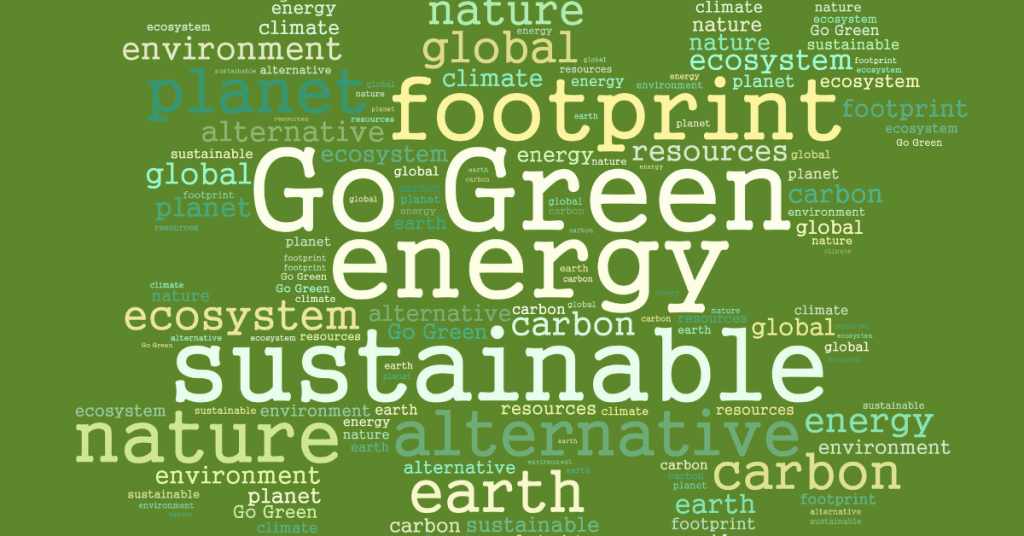
* Carbon Footprint: the impact of human activity on the planet, measured in terms of carbon dioxide produced. Even babies can have large carbon footprints, so be sure to teach your children about the effects of their everyday actions.
* Recycled: New products made from old materials. Buying recycled products or upcycling your own stuff (finding new ways to use your old stuff) means reducing the number of items that get sent to the landfill and reducing the energy and resources used to create “new” products.
* Sustainable: Using resources to meet present needs without compromising the needs of future generations. This is the most comprehensive environmental term, whose basic concept refers to taking care of the planet and its resources, so our future generations can enjoy it too.
* Biodegradable: A product that can be broken down to its natural elements, creating no waste. It’s the eco-conscious choice for disposable baby products like wipes and diapers.
* Fair Trade: Made by people who work in proper conditions and receive a fair living wage for their labor. No sweatshops.
* Compostable: A product that can be broken down at the same rate as paper and can support plant life. Compostable products are usually made of materials like corn or potato.
* Toxins: Poisonous substances harmful to the human body and the ecosystem. Toxins can be found in products ranging from baby food and toys, to lotions and creams. They can inhibit the development of your baby’s immune, nervous and hornonal systems.
* VOCs (Volatile Organic Compounds): Solvents that can easily evaporate into the air. Found in most conventional household cleaning products and non-eco personal care products. VOCs can irritate your baby’s eyes, nose, throat and skin. Make sure to always choose Low VOC or No VOC when painting your nursery or buying baby’s furniture.
* Organic Cotton: It’s cotton grown without the use of harmful chemicals, pesticides or genetically modified organisms. It helps to build biologically diverse agricultural systems, replenish and maintain soil fertility, and promote a healthy environment. Organic cottons are great for the people who wear them, the farmers who work with them, and the earth!
* Phthalates: Additives used to make plastic flexible, smooth and make scents last. Usually found in skincare products including many baby products; phthalates can damage the liver, kidneys, lungs and affect your reproductive system.
* BPA or Bisphenol A: A chemical building block found in hard plastic bottles (like baby bottles). This chemical, which can be released when heated, disrupts hormones in your body.
* PVC: A strong plastic that you probably know as “vinyl”. Commonly found in toys like rubber duckies, PVC is carcinogenic and poses serious threats to the people who work in vinyl chloride factories and to the environment during its life cycle.

